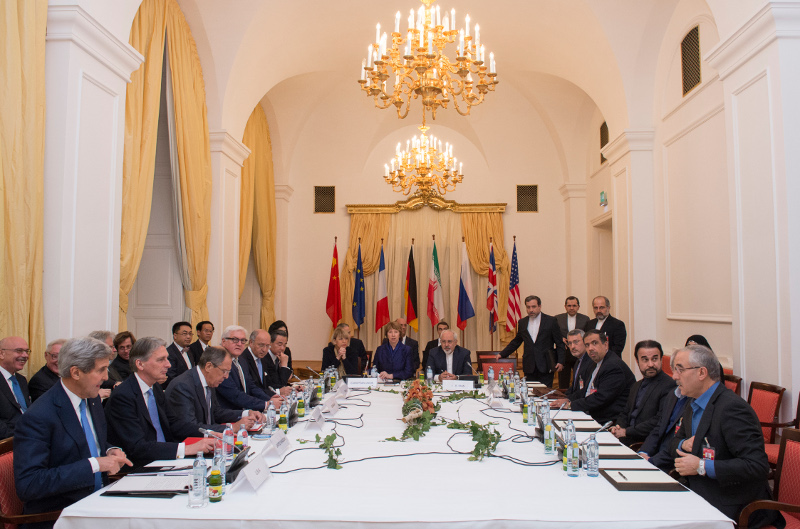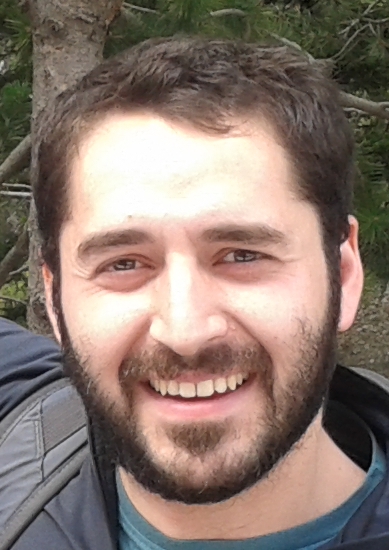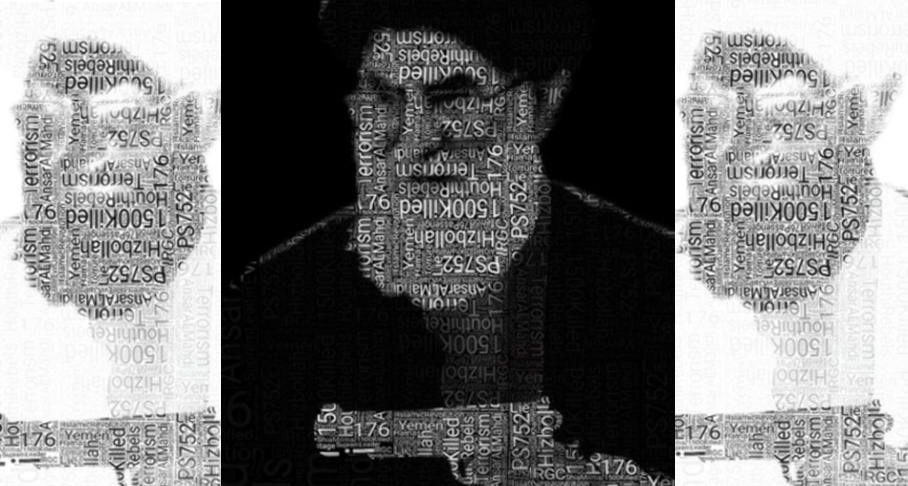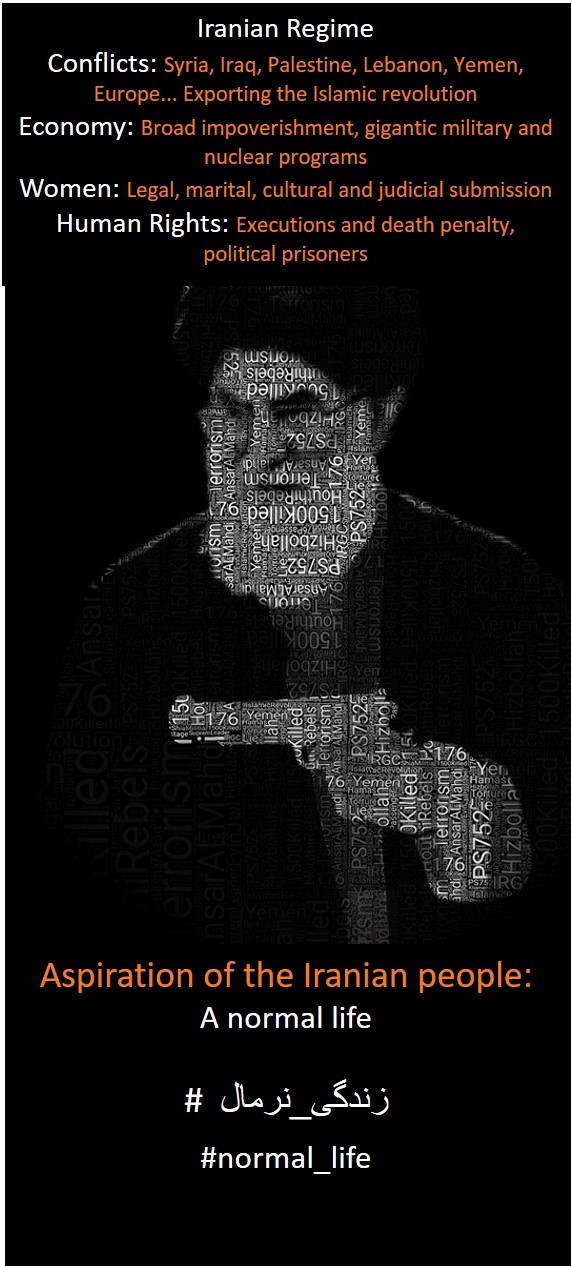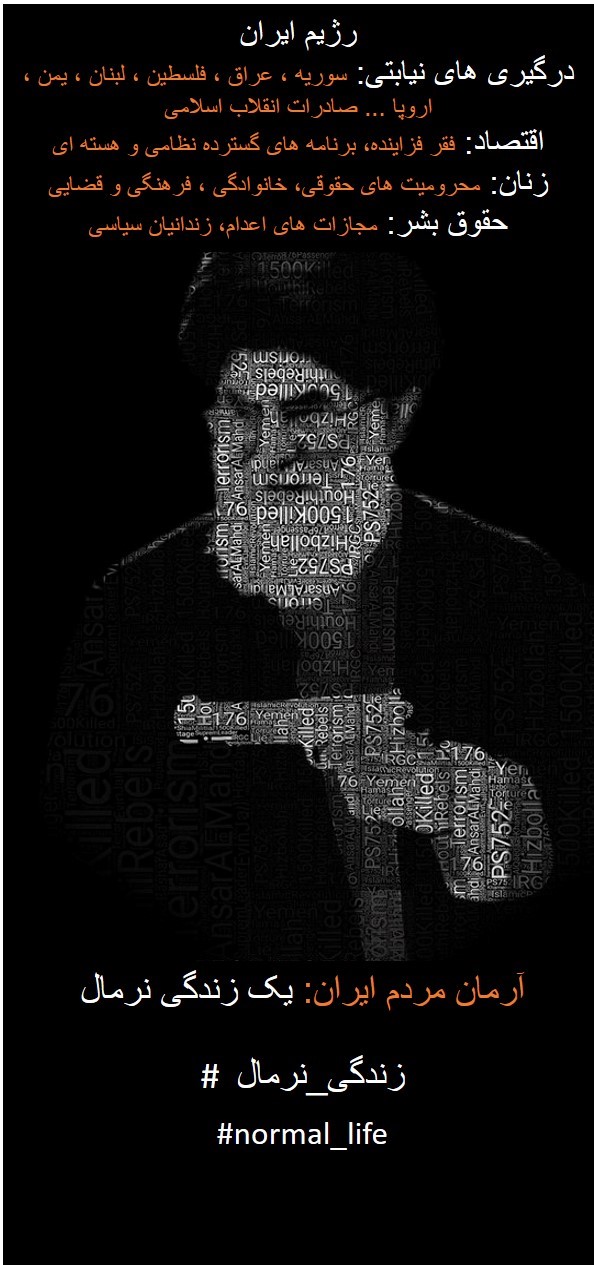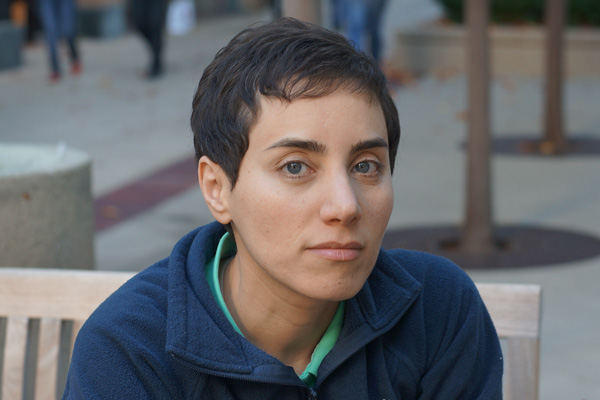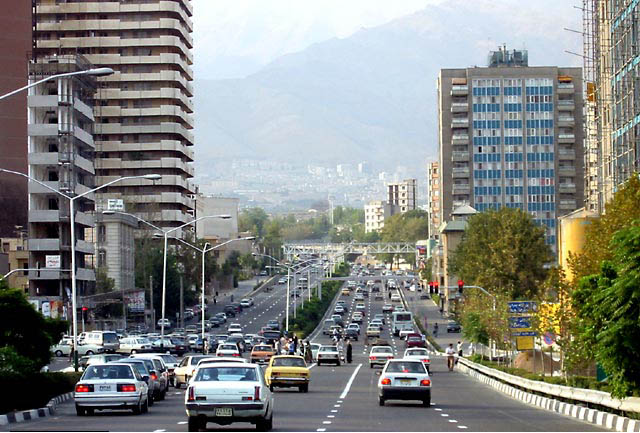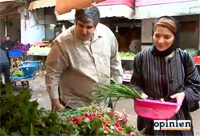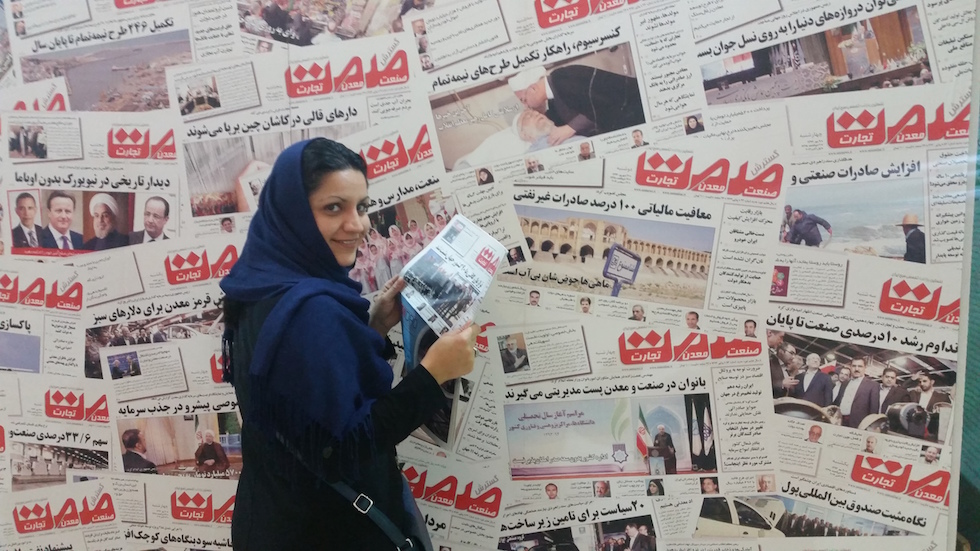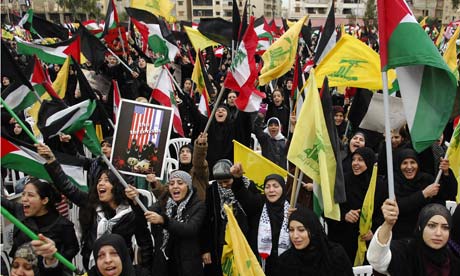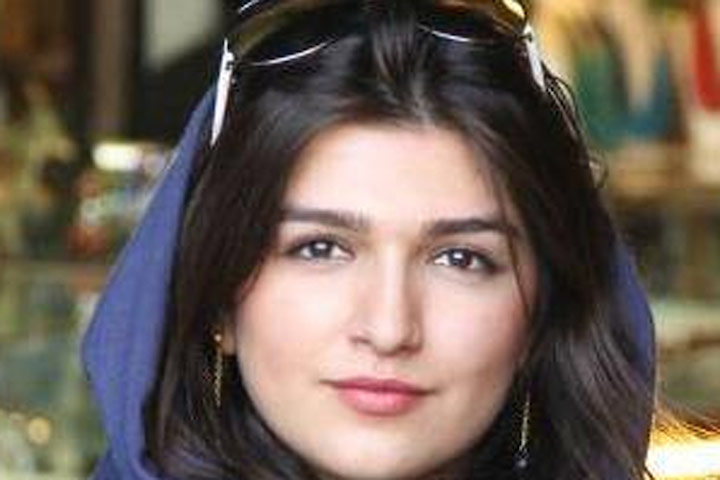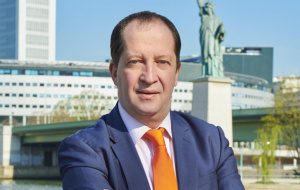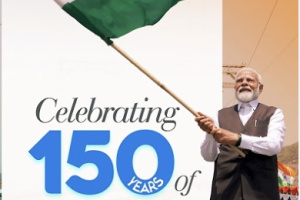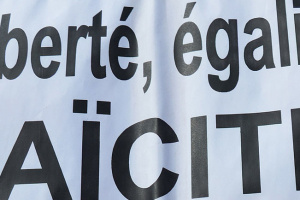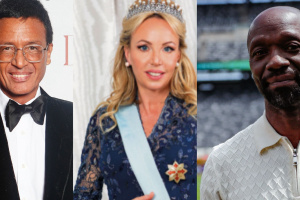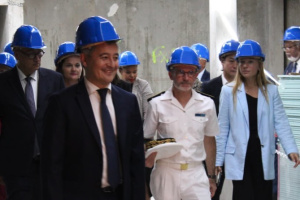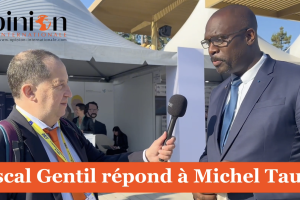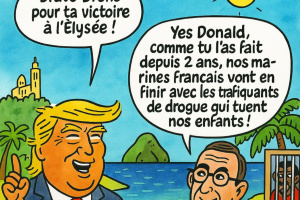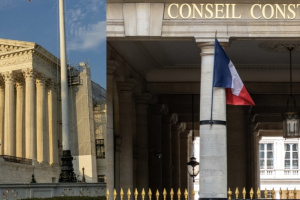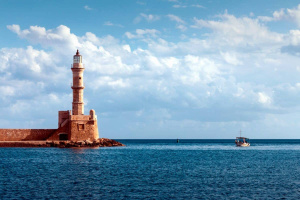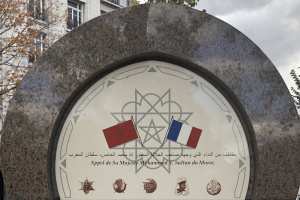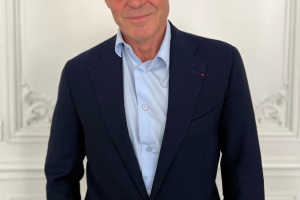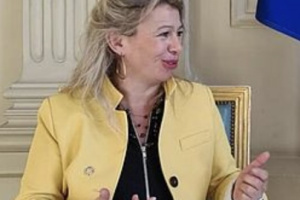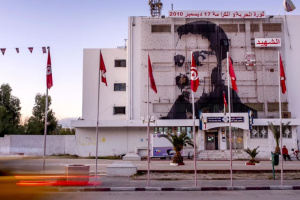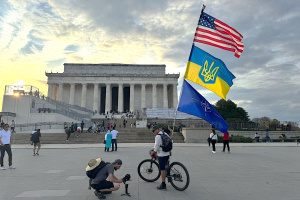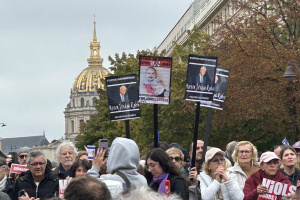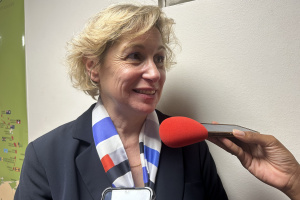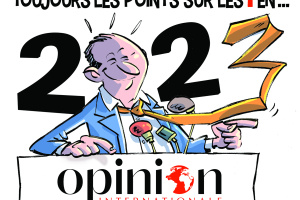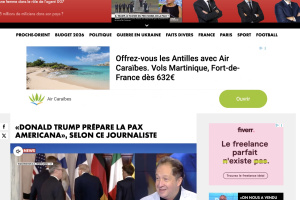Iran and P5+1 countries appear closer than ever to a framework agreement over Iran’s nuclear programme before the decisive round of talks resumes on Wednesday, yet important differences could still curtail the marathon talks.
Last week, diplomats from Iran and six global powers – US, China, Russia, France, Germany and the UK- gathered in Lausanne to continue talks for a framework agreement on Iran’s nuclear programme set for a March 31 deadline.
The talks adjourned on Friday following news of passing of President Hassan Rouhani’s mother. Yet by that point the talks had already stalled due to outstanding differences – notably over sanctions-relief – and internal incohesion within the P5+1, despite reported progress on technical problems that had separated the two sides for many years.
In a statement released on Saturday, the Foreign Ministers of France, Germany, the UK and US, together with the EU High Representative, Federica Mogherini, declared that “substantial progress” had been made during the talks but “there are still important issues on which no agreement has yet been possible”. The Foreign Ministers met in London in order to present a unified front ahead of the upcoming negotiations and resolve internal disagreements, notably between France and the US.
According to an AP report, the two sides have settled their differences over the enrichment capacity of Iran, which has been a central issue of dispute in Iran’s nuclear programme for many years. Under the draft agreement, Iran would be allowed to operate 6,ooo centrifuges out of the 10,000 operational ones it currently possesses and the 9,000 which have been installed but are currently inactive. This would amount to a 40 percent reduction in its nuclear hardware and set to last between 10-15 years, the estimated lifetime of the deal.
The heavy-water reactor at Arak, another contentious issue over the years, would also be downgraded to produce much less Plutonium.
The remaining areas of disagreement are the Research & Development activities of Iran under a foreseeable deal, and the lifting of UN sanctions. The former question, as with other technical issues, has been handed to US Energy Secretary, Ernest Moniz, and Iran’s head of the Atomic Energy Agency, Ali Akbar Salehi. The two sides have so far had productive negotiations, and a compromise on this issue is also expected. The more difficult problem, however, is the UN sanctions.
Under the proposed deal, the EU will lift Iran’s oil embargo and other trade restrictions, including the SWIFT electronic banking system. Moreover, in the months after a deal, US sanctions will be suspended by a presidential waiver. Iran, however, insists that the UN Security Council sanctions be lifted as well, since the resolutions that contain these sanctions declare Iran’s nuclear programme as a threat to international peace and security and serve as the basis for unilateral nuclear sanctions by the US and EU.
The P5+1 is only offering a gradual lifting of UN sanctions in return for “irreversible” steps by Iran in rolling back its nuclear hardware. So far, Iran has rejected this offer, demanding immediate sanctions-relief instead of phased lifting.
There are also notable disagreements between the US and France with regards to the lifting of UN sanctions. France, which also adopted a stringent position in the run-up to the Geneva agreement in November 2013, demands that the bulk of UN sanctions remain in place until the evidence of Iran’s alleged past work on nuclear warhead development has been cleared by IAEA. Iran reportedly insists that the evidence in question is fabricated and that the IAEA will not be able to prove a negative.
The meeting of Foreign Ministers this weekend in London was reportedly convened in order to resolve these differences between the US and France.
Iran’s Deputy Foreign Minister, Abbas Araghchi also pointed to the differences among P5+1 members on Sunday saying “a deal was possible” once the other party presented a “harmonious” position.
Meanwhile, a high-ranking Israeli delegation has travelled to Paris on Sunday in a last effort to influence the upcoming the negotiations. Given the recent fractious relationship between Prime Minster Benjamin Netanyahu and President Barack Obama, the Israelis hope that French Foreign Minister, Laurent Fabius, could be their closest ally willing to push for a more favourable deal for Israel.
The deadline for a final comprehensive nuclear deal is set for June 30, but if the current round of talks fail to produce a breakthrough, it will become much harder for President Obama to convince a sceptical Congress to lay off on additional sanctions against Iran and a bill that would require Congress approval for a final nuclear deal. Such Congress intervention would present a serious hurdle for obtaining a nuclear deal.





